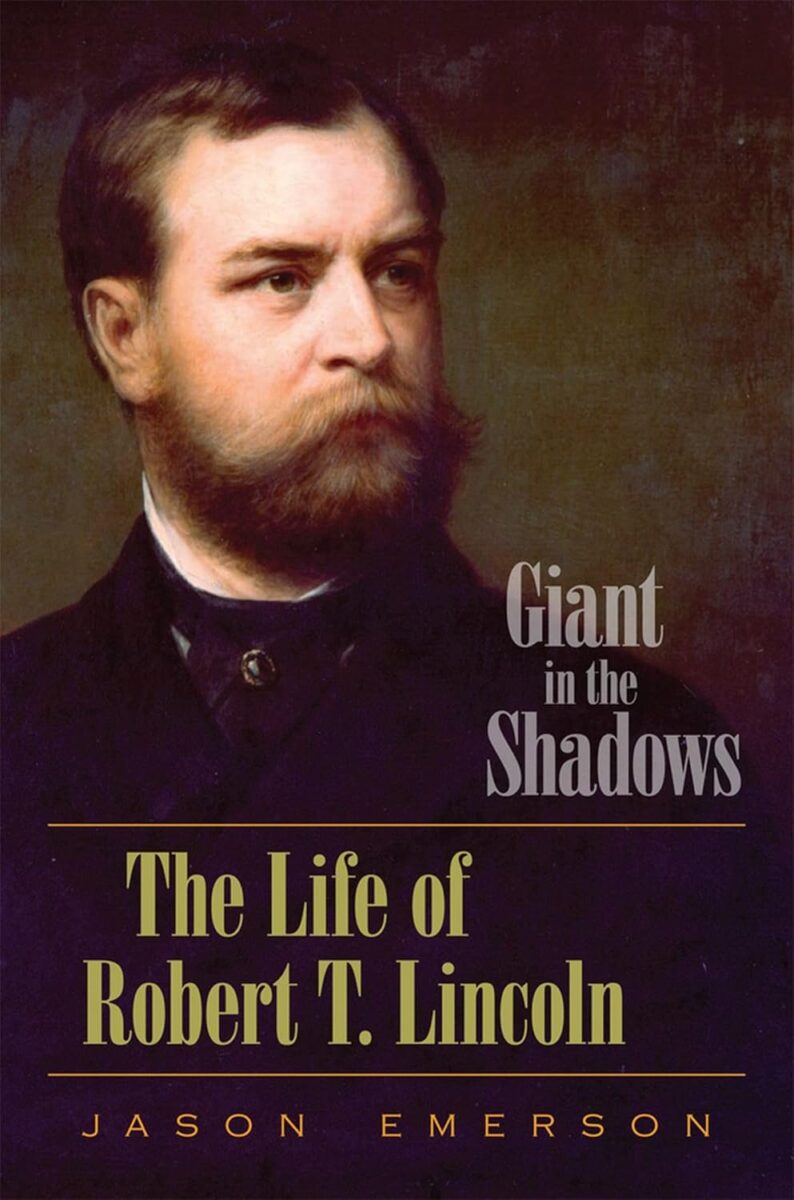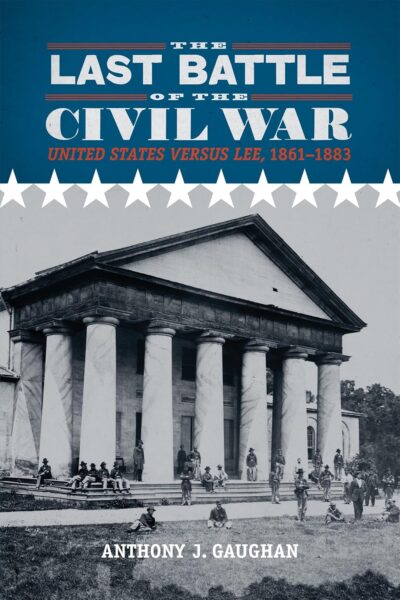Abraham Lincoln’s only surviving son has long been a hard fellow to like. For one thing, he was much more like his presumptuous mother than his endearingly modest and sublimely gifted father. Robert Lincoln may never have called himself “Robert Todd Lincoln,” but he was a Todd through and through, not only in appearance but in the way, early on, he exhibited the kind of stuffy dignity that constituted, in the words of one contemporary, “a striking contrast” to “his presidential father.” While his younger brothers seemed to take delight in their dad, Robert always seemed oddly embarrassed by him, as if he was a burden, not an inspiration. Perhaps he was no more humiliated by his parents than a modern teenager, but if readers could be polled about which of his sons might have best comforted Lincoln had he enjoyed an old age, I’d wager that the brilliant Willie and the impish Tad would win hands down.
Historian Jason Emerson, who has emerged in recent years as Robert’s staunchest defender—he has offered in previous books a sincere if not always convincing defense of young Lincoln’s motives in having his widowed mother tried and confined for insanity—has attempted his strongest defense yet in the first major scholarly biography ever written of the so-called “Prince of Rails.” And it is certainly a distinguished accomplishment, and a good read as well.
A simply terrific researcher, Emerson has unearthed a breathtaking array of unknown facts and quotes about Robert, and has crafted this avalanche of detail into a truly absorbing account of his long life and times. Emerson is a fine writer. His prose is lucid, his tone authoritative, and his admiration for his subject palpable.
Emerson’s principal contribution may be in offering a convincing alternative scenario to the long-held belief that Robert and his father were never close—whether because of their opposite natures, or the long separations necessitated by Abraham’s peripatetic legal and political career when Bob was a tyke. In a way, Lincoln did not have four sons; he had two pairs of sons: Robert and Eddie, then Willie and Tad. When Eddie died young, Robert stood rather alone—older than his two baby brothers, and perhaps just a little jealous of how close they became to their presidential father when they moved to the White House while the first-born matriculated at Harvard. Emerson disputes this mythology. He shows that Lincoln regarded Robert highly, determined to see him educated in a way he wished he could have been, and even relied on him as a confidant during the brief vacations the college student enjoyed in Washington. It is sometimes hard to balance this view against Robert’s own admission that he scarcely had a few minutes’ private conversation with his father after he entered the White House. But Emerson shows us that this view tilts too far to the extreme, even if Robert occasionally breaks into the story to dispute the scenario by making his father sorry for his confidence—as at the moment the boy carelessly misplaced his inaugural address manuscript en route to Washington. Had Robert been just a bit older, and out of school, however, he might well have served as his father’s official secretary in much the way Frederick Seward functioned in behalf of Lincoln’s secretary of state.
To be sure, Robert has his moments. Emerson’s account of his calm demeanor in the days following his father’s assassination is richly detailed and deeply moving. In truly “stark contrast” to his inconsolable mother, Robert took control of the Lincoln estate, papers, and memory, ably represented the family at his father’s funeral, and heroically attempted at a very young age (as we sometimes forget) to protect Mary and Tad from prying eyes and their own deficiencies.
I must admit that I am still not convinced that Robert acted properly in later subjecting his mother to the humiliation of a public insanity trial—much less without time for her to prepare a legal defense. Emerson’s belief that gentlemanly dignity made him do it is simply not good enough. Nor does the book revise my belief that Robert was overall a Gilded Age prig who failed to understand his father’s great legacy, maintained too much secretive control over access to Lincoln’s papers, and became insufferably conservative in politics to the point that I think his father would scarcely have recognized his son’s brand of Republicanism.
Nonetheless, Emerson convincingly reminds us that Robert was a serious and popular man in his own time: a good Cabinet officer, a very competent diplomat, a businessman with a Midas touch, and so often mentioned as a potential candidate for the presidency to suggest that given the chance, he might have contributed more than the magic of his family name.
But I still can’t help thinking that Robert T. Lincoln was considerably less than a giant, and dwelled in his father’s shadow only by choice—over-protective of his legacy, his privacy, his fortune, and his family (which nonetheless disintegrated into inconsequence, indifference, dissipation, and scandal anyway as the generations passed). Emerson does not dispute what he calls his subject’s “enduring reticence,” even if he excuses it by citing his “Victorian-era belief system.” Why Robert did not more enthusiastically adapt the more inclusive belief system championed by his father remains a mystery this portrait simply cannot solve—except in its reasonable implication that no one could live up to a father like Abraham Lincoln.
All that said, I found this book gripping, ingeniously argued, and exhaustively investigated. I could not put it down, even when the plot turned to Robert’s prosaic career as a lawyer and his almost obsessive love of golf. And I suspect that every reader with an interest in Lincoln will feel exactly the same way. For me, and for them, this book will become an essential item in the history of the era in a way that Robert himself, try as Emerson does, can never be. Emerson reminds us at the outset that Robert Lincoln never wanted to be the subject of a biography. Well, like it or not, he has one now—and a fine one, too.
Harold Holzer is a prolific Lincoln scholar, a National Humanties Medalist, and the Chairman of the Lincoln Bicentennial Foundation. His most recent book is Emancipating Lincoln: The Proclamation in Text, Context, and Memory (2012).





